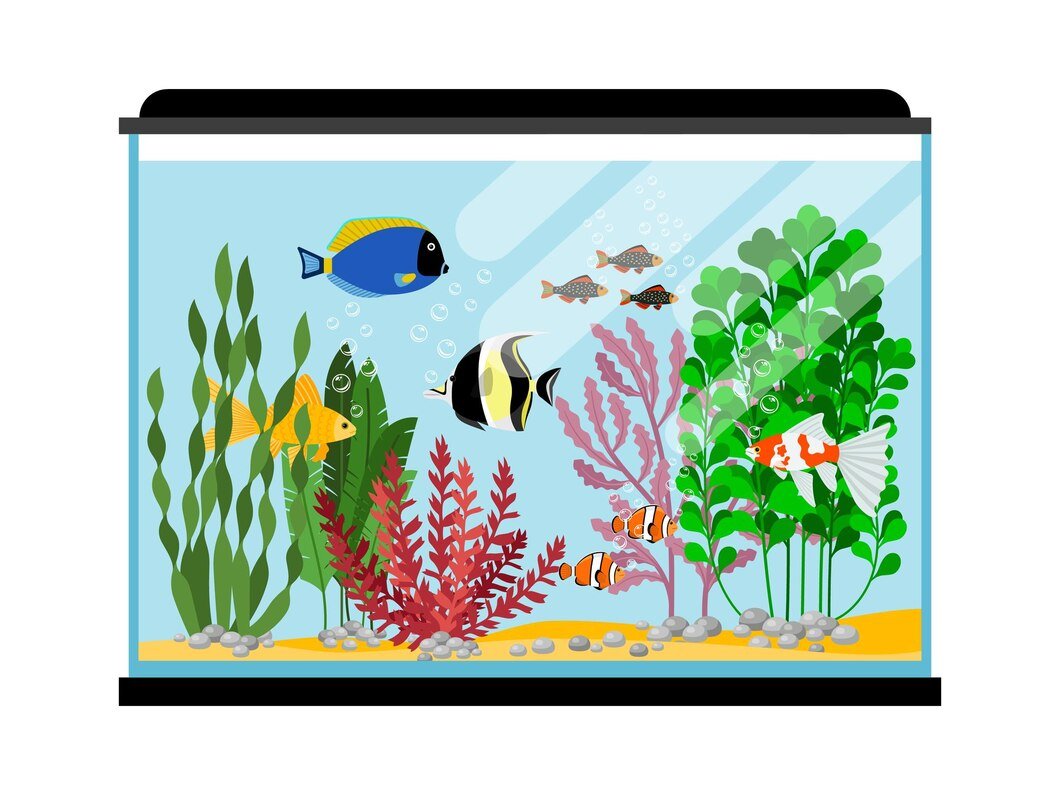Having planted aquariums can significantly influence the health of fish, as live plants offer a multitude of benefits to the aquatic environment. Moreover, live plants are good for enhancing the water quality in fish tanks along with the well-being of aquarium inhabitants. Let’s explore the importance of live plants in planted aquariums as well as how they transform the ecosystem in the fish tank.
Natural Filtration
One of the most essential benefits of having a planted aquarium is that they possess natural filtration capability, as live plants can absorb nutrients from the water. The major nutrients plants absorb from water include nitrates, phosphates, and carbon dioxide, which are considered to be the byproducts of fish waste as well as decomposition. By using these nutrients, plants can purify the water, which thereby reduces the need for frequent water changes and chemical filtration. This process enhances the water quality while promoting a healthier environment for fish.
Oxygenation
Live plants release oxygen into the water through photosynthesis, which influences the respiratory health of your aquarium inhabitants. During the daytime, plants absorb carbon dioxide as well as release oxygen, which develops a well-oxygenated environment. Therefore, densely populated tanks will benefit from this natural oxygenation process because oxygen levels can quickly drop in the absence of vital plant life.
Habitat and Shelter
Live plants can create an engaging environment for your fish, while dense planting can provide shelter for them. This will reduce the stress among the fish, and planted aquariums are particularly essential for community tanks where different species of fish coexist. In addition, plants can provide space for breeding and nesting for certain fish types and maintain a stable ecosystem in the tank.
Algae Control
Live plants can hamper the growth of algae in fish tanks by competing with nutrients. Plants are typically more fruitful at utilizing nutrients than algae. As a result, planted aquariums facilitate reduced algae growth. In addition, shades made by plant foliage can limit the amount of light that algae can receive, which reduce its outspread.


